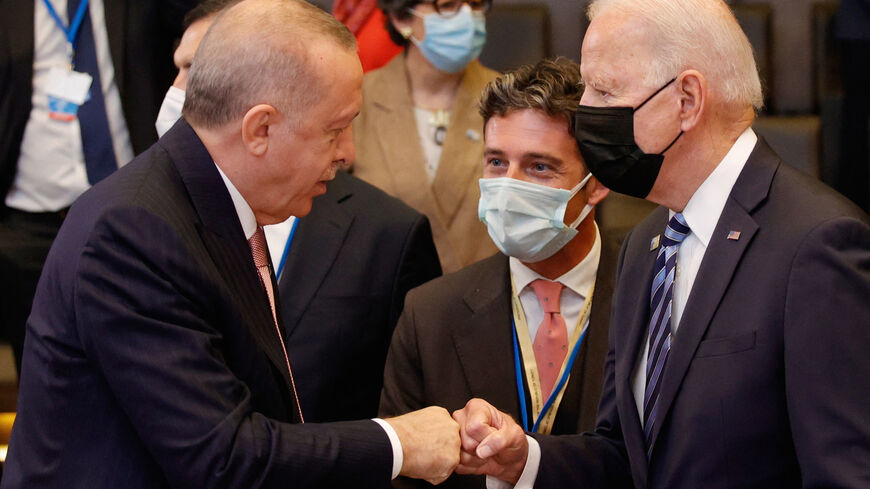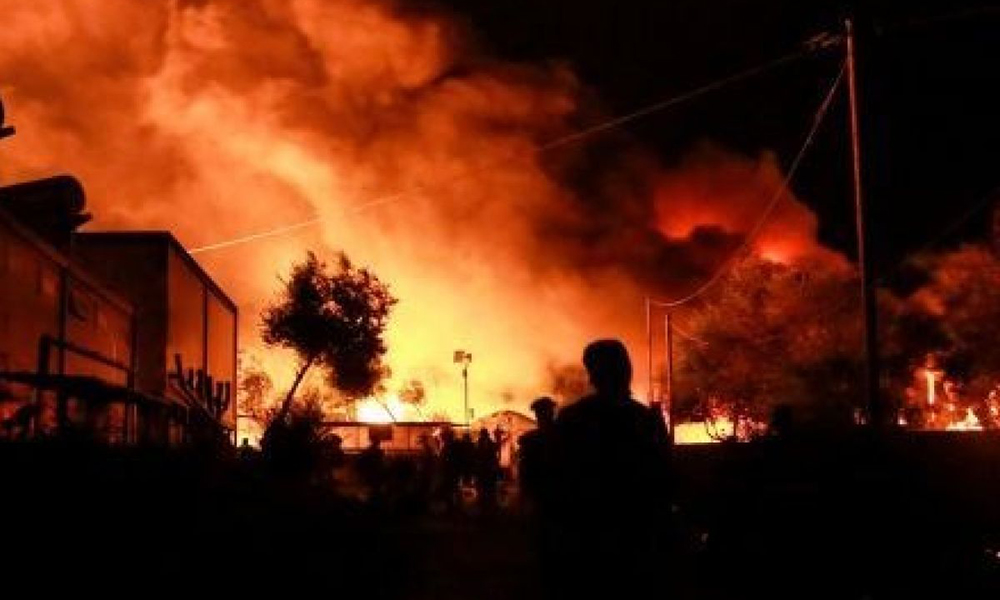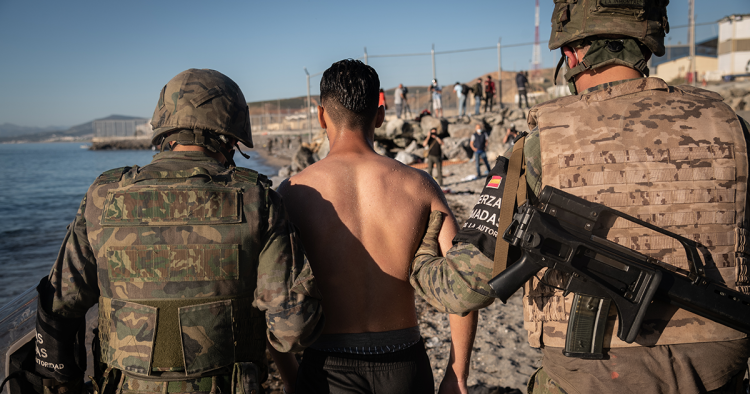Erdogan’s meeting with Biden more spin than substance

The two leaders’ first meeting as heads of state led to detailed discussions, but there were no breakthroughs.
The long-awaited meeting today between Turkish President Recep Tayyip Erdogan and US President Joe Biden went pretty much as expected, with none of the big issues poisoning ties between the NATO allies getting resolved. The two leaders both said the 90-minute-long encounter on the margins of the NATO summit in Brussels had gone “very well” — Erdogan went as far as to claim that “We think that there are no issues within US-Turkey ties [that are unsolvable] and that areas of cooperation for us are greater than [our] problems.” However, Erdogan’s comments during a subsequent news conference offered little in the way of proof.



